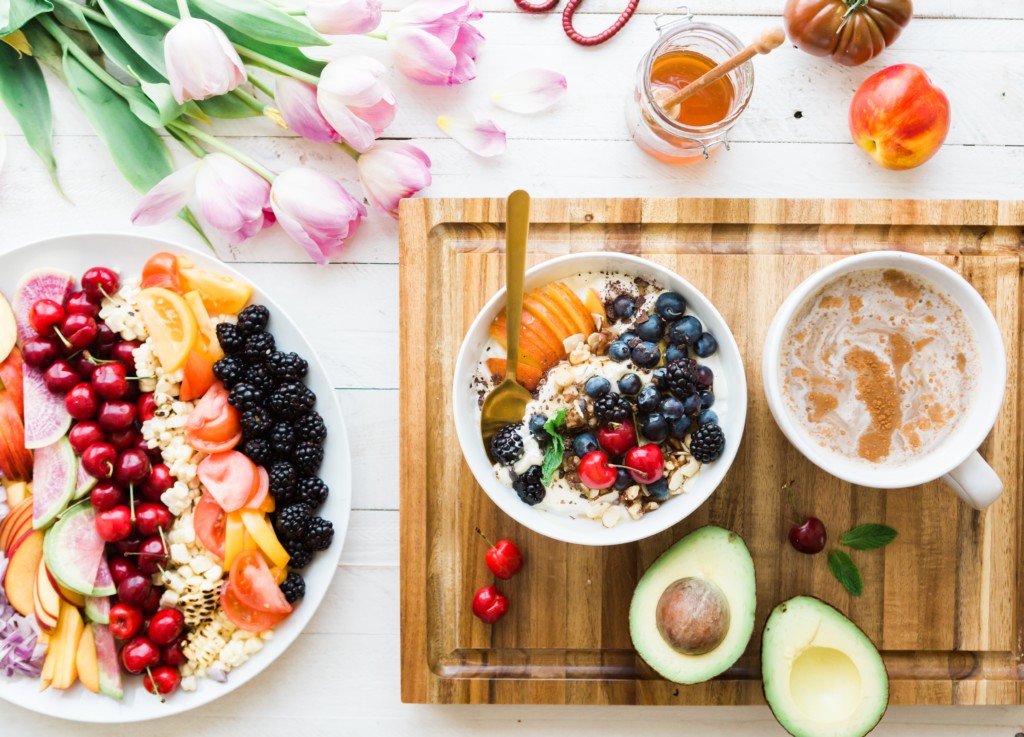
Polycystic Ovarian Syndrome (PCOS) is the most common hormonal disorder I treat in private practice. Typical symptoms that women with PCOS experience are very irregular periods, acne and oily skin, weight gain, insulin resistance, excessive hair growth and infertility.
Current research emphasizes the importance of incorporating nutritional and lifestyle modifications, with or in lieu of pharmaceutical interventions. This can be significant for not only improving a woman’s quality of life but also for optimizing fertility. As a Naturopathic Doctor with a special interest in hormones and fertility, diet is always a major part of my treatment plan. For women with PCOS, the primary goal is to balance blood sugar. This is done by incorporating healthy fats, quality proteins and fibre. Studies indicate that a low-glycemic, high-protein diet has been shown to be more effective than simply following a low-calorie diet. Although I customize each meal plan to the individual patient’s needs, here are the top five foods I consistently recommend in practice.
Top Five PCOS Foods
- Blueberries- Blueberries are the king of fruit. They are high fibre, low sugar and packed full of antioxidants. You can add blueberries to your oatmeal, sprinkle them on salads, or use in smoothies in place of other high sugar fruits such as bananas. When not in season, use frozen blueberries, they are just as healthy as fresh. I always keep a giant bag of wild blueberries in my freezer to use in baking or for my morning smoothie.
- Avocados- Who doesn’t love a good guac? Avocados are one of my favourite foods and I love cutting into a perfectly ripe green avo. High in fibre, loaded with healthy fats and low in carbohydrates, avocados are the perfect PCOS food. I personally love their versatility; avocados are delicious in salads and smoothies, baked into brownies or eaten on their own with a sprinkle of sea salt and balsamic vinegar. Healthy fats are essential for making hormones and can help control insulin levels. High levels of insulin have been linked to obesity and acne, so learning not to ‘fear fat’ and increasing your consumption is key to treating PCOS.
- Ground Flaxseed- Flaxseeds are naturally high in lignans, a type of phytoestrogen. These phytoestrogens in ground flaxseed naturally balance hormone levels in the body and their high fibre content helps combat constipation. As flaxseeds are high in heart-healthy omega-3 fatty acids, it is best to store them in your freezer to prevent them from becoming rancid. I love using ground flax to make grain-free cinnamon raisin bread, which is perfect with almond butter for a breakfast on the go.
- Wild Salmon- Besides being an excellent source of protein and omega-3 fatty acids, wild salmon contains a hefty dose of vitamin D. Vitamin D is incredibly important for PCOS. Low levels of vitamin D have been linked to higher rates of infertility, menstrual irregularities and obesity. I always recommend testing your vitamin D levels through blood work to ensure adequate dosing. Some patients may even require vitamin D shots. Make sure you choose wild salmon, farmed salmon has been shown to have 75% less Vitamin D and often contains harmful chemicals such as PCBs. If you can’t find fresh wild salmon look for it in the frozen foods section.
- Cinnamon – Although not a true food, I’ve included this spice as it decreases blood sugar and boosts insulin sensitivity. Cinnamon has been shown to improve several metabolic parameters in women with PCOS. I personally add ½ tsp of cinnamon to my smoothie every morning and 1 tbsp to homemade granola for a sweet taste without the extra sugar.
What’s Next?
Although the cause of PCOS is unknown at this time, it is well established that insulin resistance is a major contributing factor. Dietary changes are vital to success and working with a Naturopathic Doctor who focuses on hormones can help you achieve your health goals. Ready to get started? Book a complimentary 15 minute consult to discover how we can work together for your best self.

